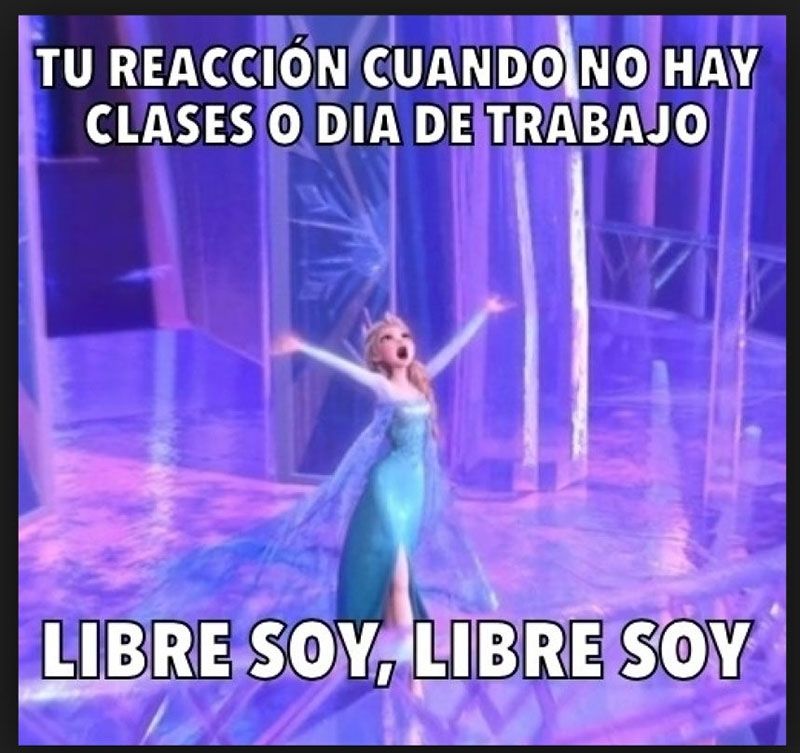Becoming Fluent in Spanish
Hey friends!
I've been living in Madrid, Spain for EXACTLY 2 months now and I'm in love with this country, the language of Spanish, the food, the sights, the sounds, the metro, and I'm still exploring and learning new things every single day. I'm writing today about the journey to becoming fluent in Spanish. A little about me, I studied Spanish for a semester in 6th grade, 2 years in high school and then completed Spanish 201 and 202 at the university level about 8 years ago.
I've been told by multiple sources that it takes about 6 months of living in Spain to obtain fluency. I have 4 months left! Of course, you can't really put a timetable, but I find it interesting and I accept this challenge. I enrolled in the 4-week immersion program because in the program we take 4 weeks of classes through the prestigious Tandem language school. My Spanish grammar and verbal skills have definitely increased, but what is most important is my confidence speaking as well.
There are multiple ways to learn Spanish when you get here, through multiple avenues and companies.
I have two lists below that will mention paid and free options, respectively:
1.) Enroll at Tandem, or another language school (pricing depends)
2.) Take private classes through a Spanish instructor through an embassy or school (pricing depends)
3.) Rosetta Stone Spanish (pricing depends, may be deals, you can buy online or at a bookstore; this is a language-learning software that you can download on your phone or PC/Mac; I love it, but I prefer interacting with people)
4.) Read books in Spanish! We learned a lot of English from books, try purchasing or borrowing a book at your level in Spanish. Look up the words you don't know, pay attention to the order of words and the grammar. I'm currently reading El Principito by Antonie de Saint-Exupéry. You can find books in local papelerias, street shops, and stores like FNAC, Casa del Libro and the huge mall Corte Ingles.
For free/gratis:
1.) Intercambios! Intercambio is basically a term for language exchange between you and a partner. For example, my intercambio partner is a Madrileña who is fluent in Spanish and wants to learn English. We were assigned through TANDEM, however you can easily find intercambios anywhere! Programs like City Life offer bar/restaurant events on Facebook where you can meet up with other people/students/teachers/auxiliares looking to become fluent in languages like German, French, Spanish and English! My intercambio and communicate through the app WhatsApp and take turns picking a quiet bar or cafe to meet up and speak Spanish and English.
We meet at a designated time, and for 45 minutes we speak about anything and everything in English and then we switch to Spanish and speak for another 45 minutes. It depends how long you want to hang out, but this was the perfect time for us. I've heard of 1 hour in each language and 30 minutes in each language from other auxiliares. We correct each other's grammar where necessary, talk about cultural differences, different phrases, teach each other new words and all while eating dinner or drinking wine!
2.) Duo-Lingo this is a fun free app great for learning Spanish and also has a lot of other language options like Portuguese, German, French and Italian! It's great for building vocabulary and also engages you to speak, read and type.
3.) Practice! When you go into restaurants, malls, bookstores, convenient stores, ANYWHERE, use as much Spanish as you know! Speak to friends or family members who are fluent, the more you speak, the better you will get!
4.) Spanish flatmates. Room with Spanish people, talk to them in Spanish, and listening also goes a long way! I personally have not had Spanish flatmates, but my friends who do find this an essential experience for speaking. Living with a host mom certainly forced me to learn fast!
5.) Watch films/shows in Spanish! Re-binge watch your favorite shows on Netflix in Spanish! (yes it works in Spain!) Watch disney movies in Spanish, or any movie you can in Spanish. This will help with pronunciation, listening skills in general, and also written Spanish if you're watching shows captioned in Spanish. You'll notice that Netflix Spain captions are specific to Spain Spanish. For example, the vosotros form and "Vale!" is used! :)

6.) Listen to Music in Spanish. You probably already listen to music in Spanish or have heard it or maybe you LOVE it! Try listening to more Spanish music and listen to words and sentences in the songs, try to understand what the words and phrases mean. Maybe translate them in your free time (not on google!)
I will keep adding to this list the more I explore and learn.
Hasta luego!
xx,
Kamalía
For more adventure, follow me on Instagram: @KamalaAlcantara
Related Posts
The Ultimate Café Guide to Madrid
Looking for the best coffee shops in Madrid? This guide covers top spots for specialty coffee, matcha, delicious brunch, and cozy vibes—perfect for anyone craving quality drinks and Instagram-worthy interiors. Whether you're a local or visiting, these must-visit cafés offer the ultimate Madrid coffee experience.
Not Just for Business: Why Your Trip Needs a Mission Statement
If you're seeking deeper meaning and fulfillment in your travels, creating a personal travel mission statement can help guide your journeys with purpose. By aligning your trips with your values, goals, and vision for growth, you transform travel from simply visiting places into a powerful experience of connection, learning, and inspiration.
Wish You Were Here—Wish I Were There
Not a day goes by that I’m not deeply grateful for the incredible experience of living in Spain. From weekend adventures to the thrill of navigating a new culture, it’s... keep reading
